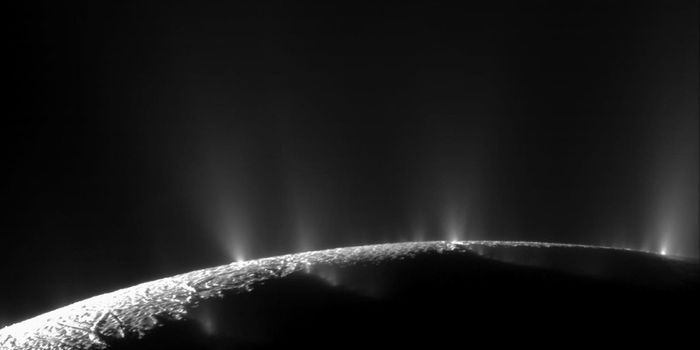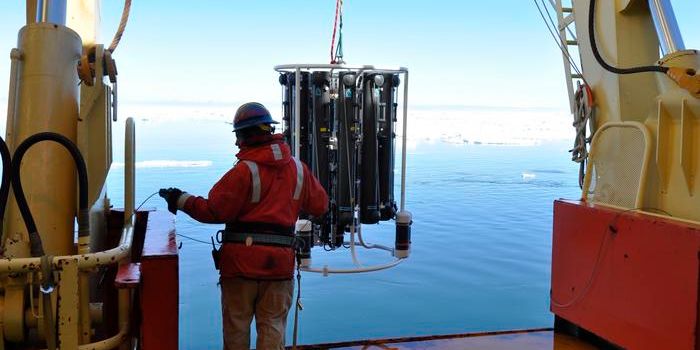What do hippos have to do with climate change?
Let me lay down a little equation for you about hippos:
3,000 lb hippo eats 100 lbs veg per day => ? lbs dung in water bodies
Okay, so the answer doesn’t really matter in terms of the exact number of pounds of dung a hippo can deposit into a lake or river in a day – it’s more about the interconnectedness of a system. You’re likely familiar with these huge animals and probably know that a hippopotamus spends the vast majority of its days hanging out in the water. And most of the time when they need to, erm, relieve themselves, they ain’t about to move all their girth up and out of that lake. Nope, it all gets mixed in there (makes you think twice about swimming in hippo ponds, huh). But actually, for the longest time, those hippo poop deposits have been a really critical part of the system, because they provide crucial nutrients to aquatic ecosystems, basically fertilizing entire food webs. That’s all changing now, according to new research from UC Santa Barbara, UC Berkeley, and Tanzania’s Sokoine University of Agriculture, which suggests that hippos’ impact on water cycles are in high flux.
"This work explores how hippo dung shapes freshwater chemistry and links these changes to associated patterns of aquatic biodiversity change," said lead author Keenan Stears, a UC Santa Barbara community ecologist. "It also illustrates that the net impact of hippos on river ecosystems is dynamically controlled by river hydrology and reveals the capacity of human disturbances on river flow to drastically alter the role of ecosystem-linking species."
Published in the Proceedings of the National Academy of Sciences, the study evaluated river flow and hippo density in the Great Ruaha River in Tanzania's Ruaha National Park. One aim of the study was to figure out what factors have kept the Great Ruaha River dry since 1993. Scientists know the obvious effects of deforestation, water-intensive agriculture, and climate change; their question was how hippopotami are influencing the river.
The researchers tested water quality as well as the diversity and abundance of aquatic life in various hippo pools over several years during high and dry periods of the river. They found that during dry times when no river flow was present, the hippo pools contained a buildup of dung. That meant an excess of nutrients in the pools. "The high influx of nutrients caused the dissolved oxygen concentration to decline to sublethal levels for most fish species," explains Stears. Which of course means that in those pools there is a huge decline in aquatic diversity and abundance. That trickles over to impact humans. For example, as Stears describes, “Tilapia are a commonly consumed fish throughout Africa and, during the dry season, we found that the presence of hippos reduced tilapia abundance by 41 percent across the watershed."
But what does that have to do with climate change? External climate pressures are creating dryer environments, which will mean more frequent drying of the river. While the river does have some resilience to the drying episodes, the scientists note that “the chronic stress caused by river drying and overfertilizing of hippo dung may cause long-term species loss in this river system."
The results of this study, the researchers say, harp on the urgency of more efficient land and water-management policies. The change in how hippos’ dung is affecting in the system is a red flag, says researcher Douglas McCauley. "Hippos are to Africa what polar bears are to the Arctic," he said. "Everything we thought we knew about how African ecosystems worked appears to be changing. Global change has turned productive hippo pools, once teeming with fish and life, into fetid black cesspools."
Sources: Science Daily, PNAS









